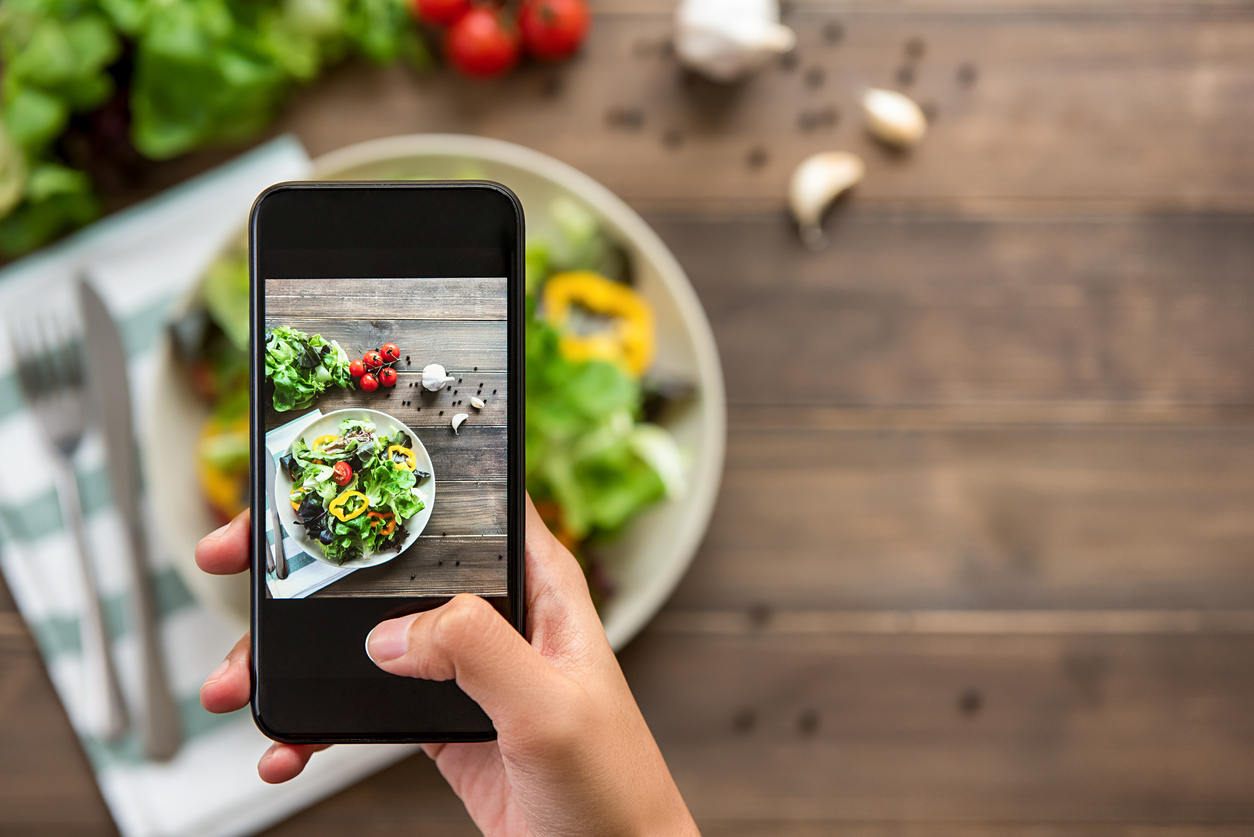 The methods of communication adopted by social media influencers could be utilised to help develop government nutritional campaigns and promote healthier eating habits, University of Queensland research has found.
The methods of communication adopted by social media influencers could be utilised to help develop government nutritional campaigns and promote healthier eating habits, University of Queensland research has found.
The research studied peer-reviewed articles and marketing literature to determine how social media influencers communicate nutritional information, finding their methods were effective in resonating with large audiences.
Ms Alice Rogers from UQ’s School of Human Movement and Nutrition Sciences said the findings could be useful when forming nutritional awareness campaigns.
"While there have been numerous health campaigns run by governments in Australia, the population is still under-consuming foods such as fruits, vegetables, lean meats and dairy,” Ms Rogers said.
“Misinformation and building trust are some of the challenges when trying to communicate evidence-based nutrition information in what is already a crowded space.
“There is a lot of conflicting information from a number of parties such as governments, public health professionals and the food industry which has sparked calls for a ‘trusted voice’ in delivering nutritional information.
“Our research found social media influencers have a greater ability to engage with users and develop trust through their ability to tailor content styles and delivery of messages.
“The methods they use to create this engagement could be mimicked or adapted to provide innovative strategies for evidence-based government nutrition campaigns.”
Data from the Australian Institute of Health and Welfare in 2018 shows a diet low in nutritious foods such as fruits and vegetables and high in energy-dense and processed foods is the cause of 5.4 per cent of the total burden of disease, nationally.
In recognition of this burden, the Australian Academy of Science’s Committee for Nutrition developed a Decadal Plan for the Science of Nutrition which proposes a strategy for improving long-term health and wellbeing globally.
A key part of this plan is to provide a ‘trusted voice’ for Australians, to support people to sort through the volume of messaging and have confidence when making nutritional decisions.
Ms Rogers said that the role of social media influencers in delivering this ‘trusted voice’ is yet to be extensively explored, but one which could have impact.
“Psychology research has indicated that people have a closer relationship to those who are similar to them, which is why a lot of followers feel connected to a content creator or influencer,” Ms Rogers said.
“The methods they use to create this connection, whether it’s the tone of voice or types of imagery they are sharing, could be analysed further to determine if it can be adapted into larger campaigns to help promote healthier lifestyles.
“It’s always important, for followers to ensure that they are only taking advice from people with relevant credentials.
“If in doubt, always look to see if the source of the information is coming from an Accredited Practising Dietician.”
The research has been published in the Health Promotion Journal of Australia.
Media: Alice Rogers alice.rogers@uq.edu.au +61 412 879 742 ; UQ Communications Bridget Druery b.druery@uq.edu.au +61 435 221 246.



